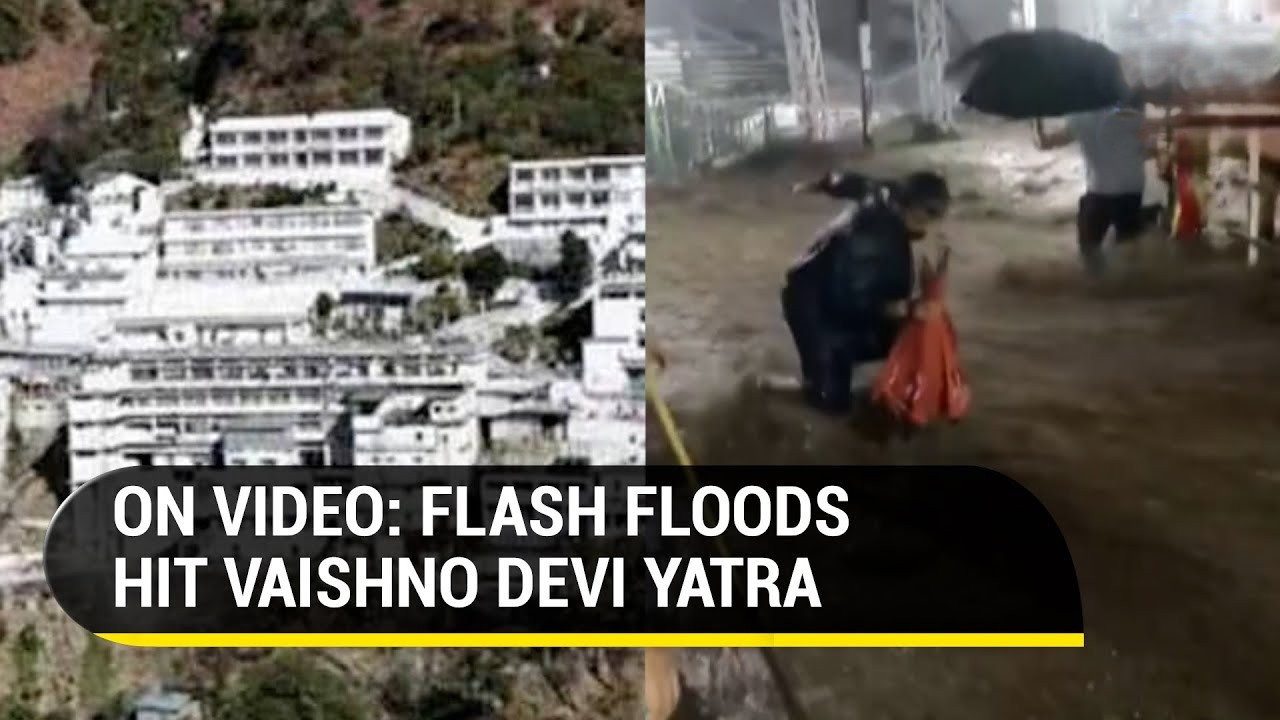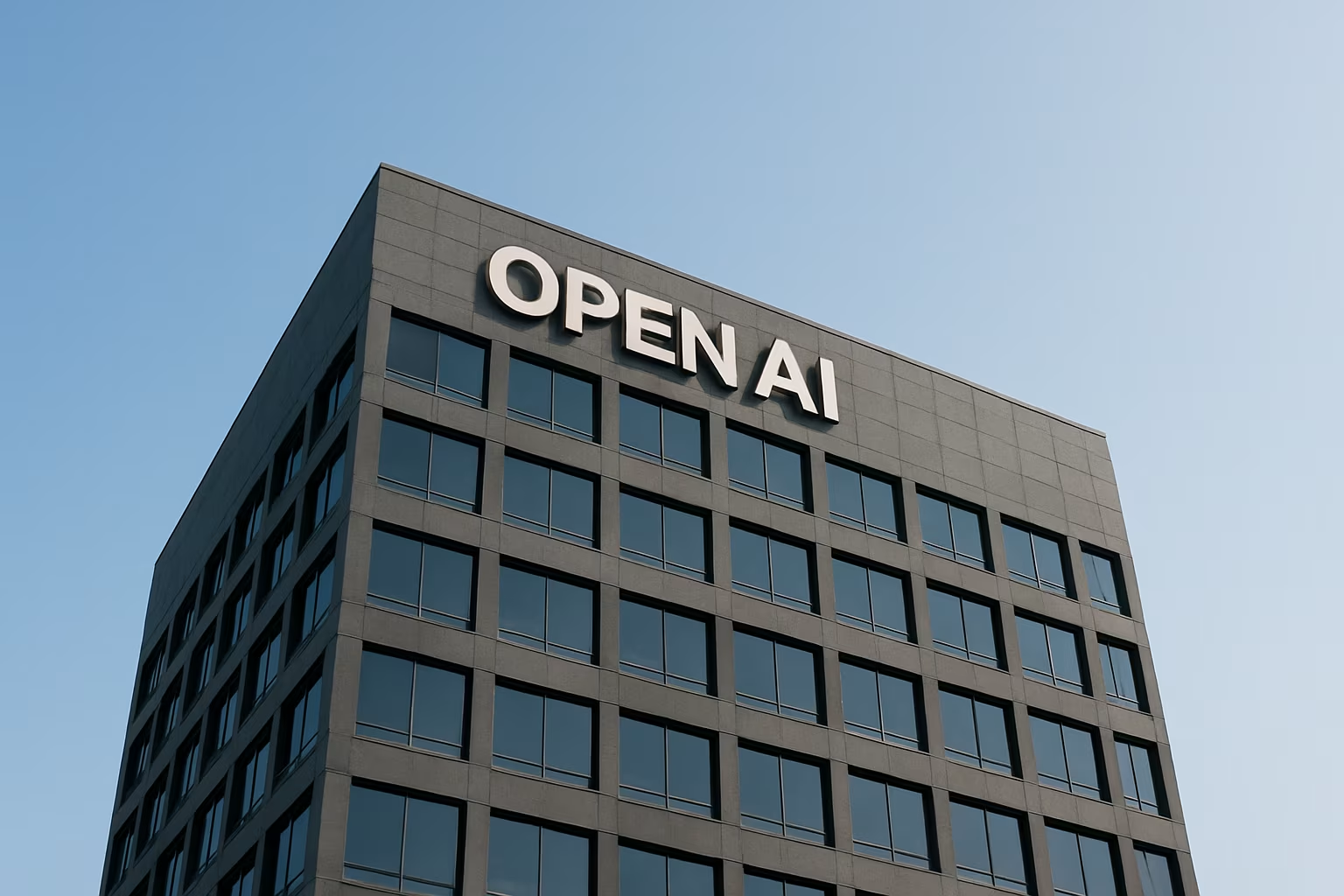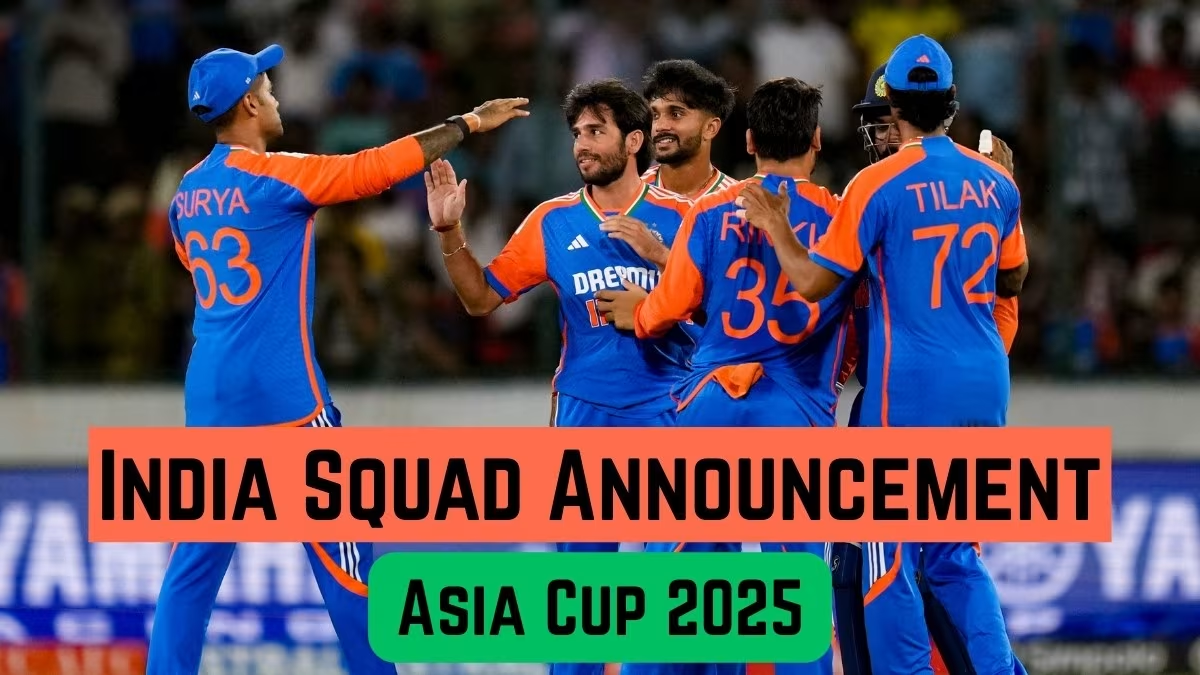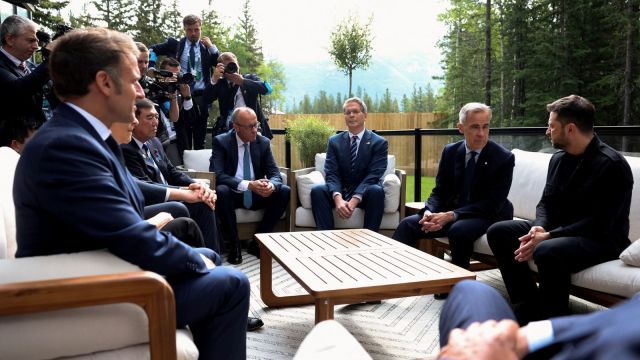
PM Narendra Modi attended the G7 Summit 2025 in Canada as a special invitee, pushing for climate equity, tech access, and inclusive growth for the Global South. Explore key takeaways, bilateral talks, and global impact.
G7 Summit 2025: A Global Stage Amid Rising Tensions
The 51st G7 Summit, held from June 15–17, 2025, in Kananaskis, Alberta, Canada, came at a turbulent time for global diplomacy. Leaders from the G7 nations—Canada, France, Germany, Italy, Japan, the UK, and the US—convened alongside invited countries including India, Brazil, South Korea, and South Africa. Hosted by Canadian PM Mark Carney, the summit addressed urgent global crises, including:
- Escalating Israel-Iran conflict following Israeli airstrikes on June 12
- Ongoing Russia-Ukraine war and NATO involvement
- Rising trade tensions due to US President Donald Trump’s tariff policies
India’s Sixth G7 Outreach Participation: Modi Advocates for Global South
Prime Minister Narendra Modi attended the summit as a special invitee, marking his sixth consecutive G7 Outreach appearance. He arrived in Calgary on June 16 after visiting Cyprus, continuing his efforts to raise the voice of the Global South.
Modi emphasized four core themes:
- Climate Justice: Advocating for affordable access to green technologies
- Digital Equity: Ensuring developing nations aren’t left behind in AI innovation
- Economic Growth: Championing inclusive, fair trade frameworks
- Anti-Terror Cooperation: Reiterating India’s fight against cross-border terrorism
His speech reflected India’s sustained leadership, building on its G20 presidency in 2023 and previous G7 engagements.
Major Outcomes of the Summit for India & the Global South
🌍 Climate Action
Modi pushed for equitable climate finance and access to clean energy for low-income nations, highlighting the urgency for developed nations to support transitions to renewable energy.
💻 Technology Inclusion
India called for a global digital transformation that includes the Global South, emphasizing affordable AI infrastructure, cybersecurity partnerships, and skill development.
📈 Trade & Economic Justice
India highlighted trade barriers that hinder Global South development and advocated for policies that open access to global markets.
🛡 Terrorism and Regional Stability
PM Modi thanked global partners for backing India’s stance on counter-terrorism, a priority issue during his 3-nation diplomatic tour.
Modi’s Bilateral Meetings: Resetting Ties with Canada & Beyond
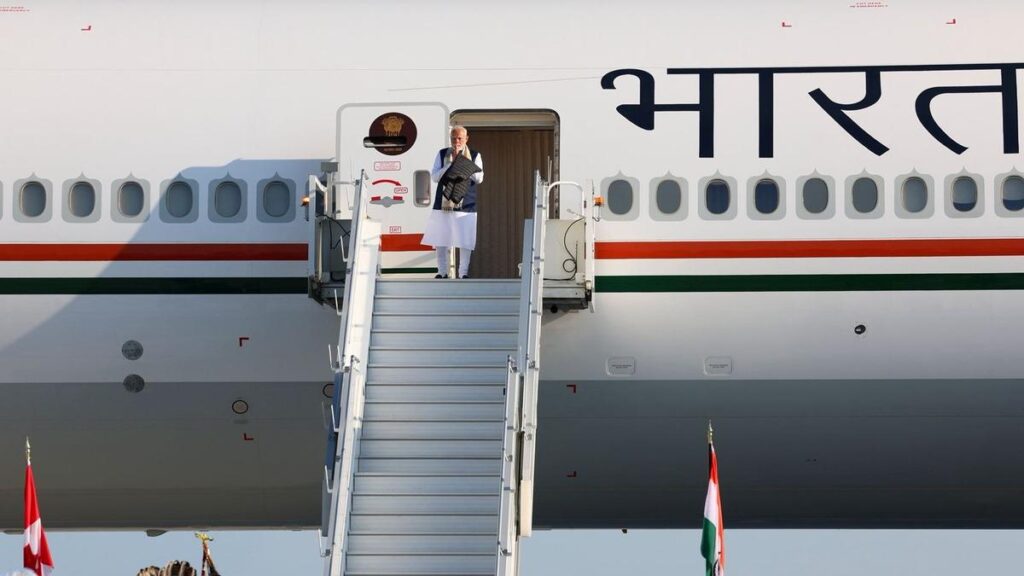
On the sidelines, Modi held significant bilateral talks with leaders from:
- Germany – Economic collaboration and green technology
- Italy – Continued cooperation on AI and energy
- Ukraine – Expressing support amid war
- Canada – A pivotal meeting with PM Mark Carney
🇮🇳🇨🇦 India-Canada Relations: A Diplomatic Thaw?
Amid past tensions over the 2023 Nijjar case, Carney’s invitation signaled a thaw. Discussions focused on:
- Trade revival
- Uranium supply
- Diaspora and counter-terror efforts
Despite opposition from Sikh separatist groups like Sikhs for Justice, Modi’s visit underlined both countries’ interest in stabilizing ties.
Backdrop of Controversies and Global Crisis
While the summit pushed forward key goals, it was not without disruptions:
- Israel-Iran War: G7 supported Israel’s right to self-defense but urged Iran to halt nuclear ambitions
- Trump’s Trade Moves: Concerns over new US tariffs dominated economic talks
- Diaspora Politics: Carney’s crackdown on foreign interference echoed across diaspora communities, including India’s
India’s Strategic Global Outreach: Cyprus to Croatia
Modi’s G7 participation was part of a three-nation tour:
- Cyprus (June 15-16): Economic agreements and shared stance on West Asian conflicts
- Canada (June 16-17): G7 Summit and key bilateral meetings
- Croatia (June 18): Strengthening India-EU cooperation
This tour reflects India’s growing ambition to shape a multipolar, inclusive world order.
Conclusion: G7 2025 Reinforces Modi’s Global South Vision
PM Modi’s presence at the G7 Summit 2025 reaffirmed India’s strategic role in shaping global governance. His advocacy for the Global South on climate, tech access, and development echoed loud and clear. Despite geopolitical headwinds and diplomatic tensions, India emerged as a pivotal bridge between the developed world and emerging nations.

